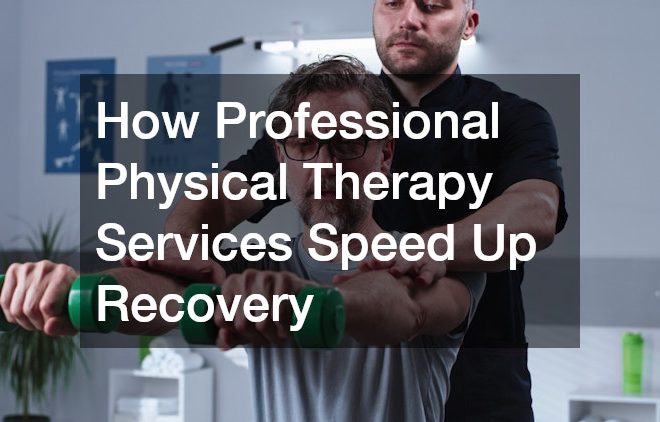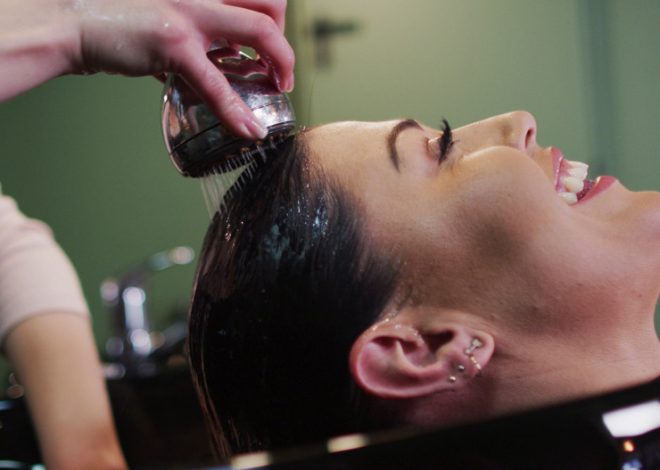
How Sleep Apnea Can Affect Far More Than Just Your Sleep

 Have you been falling asleep at the drop of a hat? Do you wake up feeling unrested? Has your partner or roommate been grumbling about how noisy your snores and/or breathing is when you sleep? You might have sleep apnea, which affects around 18 million Americans. Though sleep apnea is common, you should be seeking out sleep apnea solutions to help alleviate the problem. Not only does sleep apnea affect your quality of sleep, it can also have negative impacts on your overall health, down the road. Plus, your loved ones will want to sleep in the same room as you again! Luckily, once you’ve been diagnosed with sleep apnea, it’s an easy matter to address. Let’s discuss some common sleep apnea solutions that you can take to get a better night’s sleep and take care of your health.
Have you been falling asleep at the drop of a hat? Do you wake up feeling unrested? Has your partner or roommate been grumbling about how noisy your snores and/or breathing is when you sleep? You might have sleep apnea, which affects around 18 million Americans. Though sleep apnea is common, you should be seeking out sleep apnea solutions to help alleviate the problem. Not only does sleep apnea affect your quality of sleep, it can also have negative impacts on your overall health, down the road. Plus, your loved ones will want to sleep in the same room as you again! Luckily, once you’ve been diagnosed with sleep apnea, it’s an easy matter to address. Let’s discuss some common sleep apnea solutions that you can take to get a better night’s sleep and take care of your health.
Hold On, What Is Sleep Apnea?
Sleep apnea is a type of sleeping disorder that disrupts a person’s breathing. In essence, when you suffer from sleep apnea, you literally stop breathing for a few seconds (or longer) and this can happen over hundreds of times in one night. During this time, you’re depriving your brain and your body of oxygen, which can have negative repercussions.
Most people struggle from obstructive sleep apnea, which happens when your airway gets blocked. The soft tissue in the back of your throat simply doesn’t hold up when you sleep and collapses, blocking off your airway. The snoring and choking noises you might make as you sleep are your body’s efforts to reopen that airway.
What are the Impacts of Having Sleep Apnea? Are Certain People More at Risk for Sleep Apnea?
If your sleep apnea isn’t diagnosed and left untreated, you’re three times more likely to have heart disease than those who don’t suffer from sleep apnea. The National Commission on Sleep Disorders Research reports that almost 40,000 deaths happen every year, due to cardiovascular issues that stem from sleep apnea. Given that one in 50 individuals who have sleep apnea aren’t diagnosed, there’s a large population at risk here.
Additionally, those who have untreated sleep apnea have a four times higher risk of stroke and a higher blood pressure level. And, because your sleep is being affected, your physical or creative performance at work or school can suffer, and driving while tired is a huge risk to yourself and others.
Men are twice as likely as women to have sleep apnea and individuals with asthma have a 40% higher risk for having sleep apnea. If you’re overweight or have a large neck, you may also be more prone to sleep apnea. And of course, if you have a family history of sleep apnea, you might be more at risk.
What are Some Sleep Apnea Solutions I Can Look Into?
If you’ve been diagnosed with sleep apnea, your doctor will probably recommend that you look into CPAP machines. There are various types, such as a CPAP full face mask, CPAP nasal pillows, and even a minimal contact full face mask, depending on your comfort level. You may have to try various types of masks out before you find one that you can sleep comfortably with — and there will certainly be an adjustment period.
However, overall you’ll sleep better, get rid of your sleep apnea, and lower your risk for heart disease. If you find that the CPAP machine is too dry, consider getting a machine with humidification — many people over the age of 60 prefer this type of machine for ultimate comfort. There are even CPAP masks for side sleepers!
Discuss the various options with your doctor after your sleep test and don’t be afraid to try a few different models to see which works for you. You definitely want to stick with it long-term — this isn’t something you should just stop using after a few weeks.
Sleep apnea can cause problems if you let it. But with the right sleep apnea solutions at hand, you can enjoy a good night’s rest and minimize your risk of heart disease!

